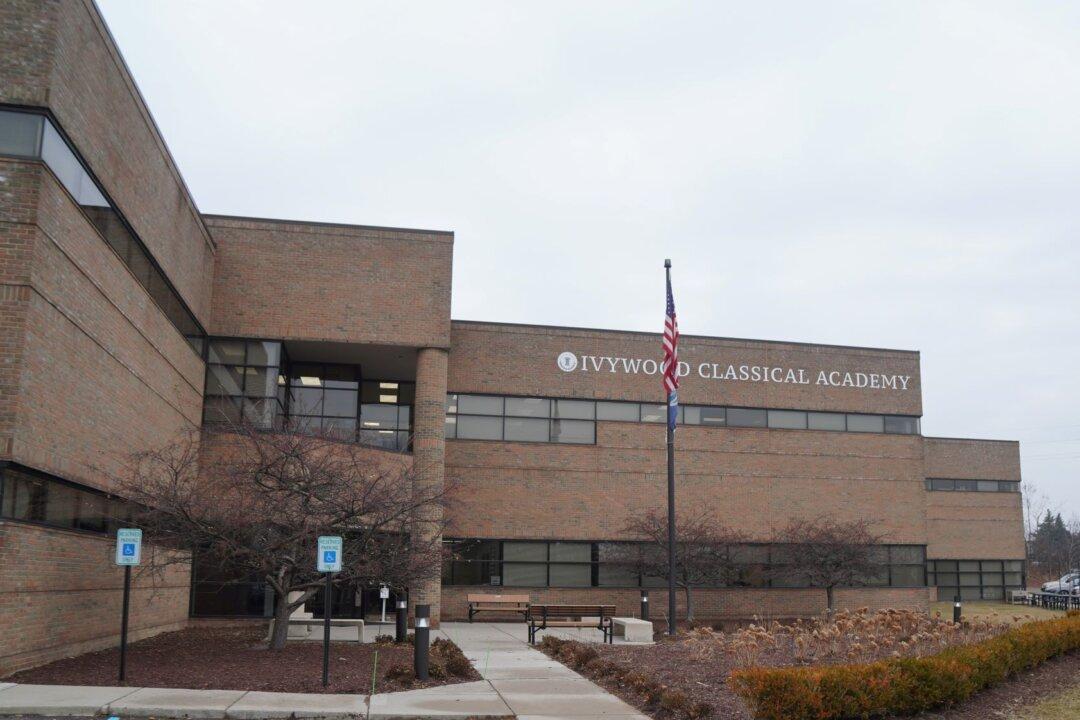New father Tyler Horning wanted a good education for his firstborn child, but where to send him to school was the question.
“None of the existing options resonated with my wife and me,” Horning said. “There seemed to be no right answer for our family, so we decided to create one.”





